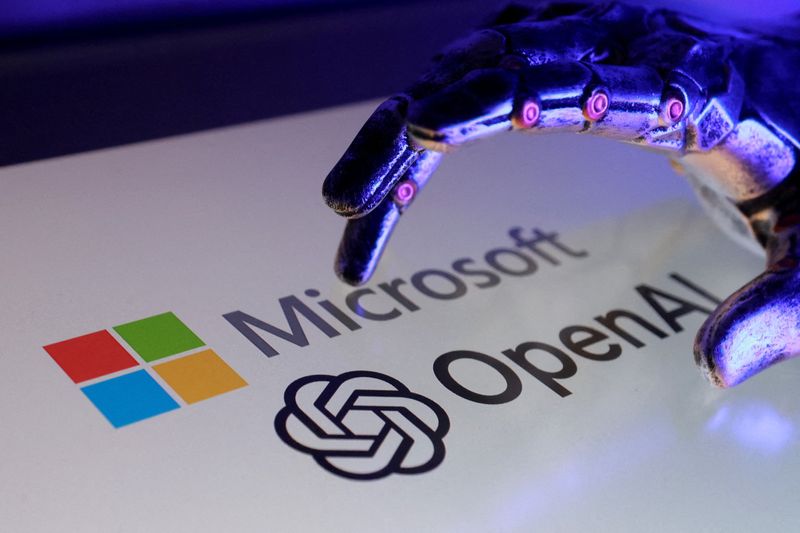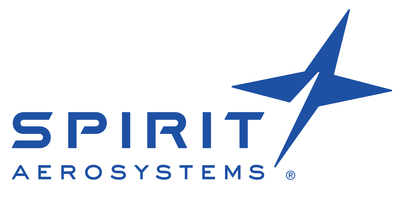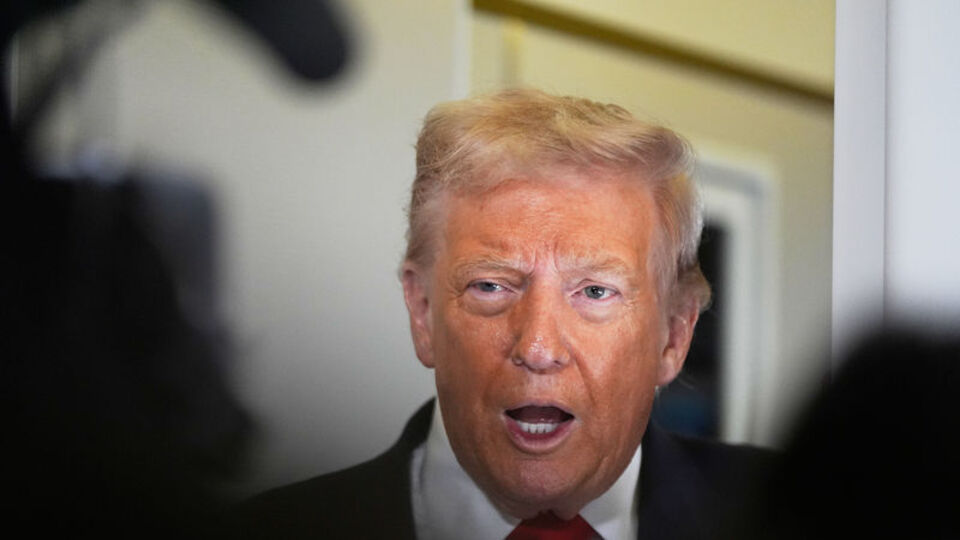
Artificial Intelligence Investments Are Reaching Peak Levels


Nvidia, has made history by surpassing a market value of $5 trillion with its processors that play a pioneering role in the artificial intelligence revolution. This week, agreements made between Microsoft and OpenAI indicate that OpenAI is preparing for an initial public offering that could be valued at up to $1 trillion.
Meanwhile, Amazon has decided to cut 14,000 corporate jobs while its cloud unit shows the strongest growth. All these developments reveal that the impact of artificial intelligence on global trade and market movements is increasingly growing.
Goldman Sachs forecasts that infrastructure spending related to artificial intelligence could reach between $3 trillion and $4 trillion by 2030. Microsoft, Amazon, Meta, and Alphabet are expected to collectively invest nearly $350 billion this year.
It is observed that 60% of global data center investments are allocated to imported technology equipment, primarily in the form of semiconductors sourced from Taiwan, South Korea, and Vietnam. Companies like Procter & Gamble and Boliden report that the potential efficiency gains from artificial intelligence are starting to materialize.
However, some analysts are warning about the rapidly increasing server and chip replacement cycles. UBS semiconductor analyst Tim Arcuri states that the useful life of next-generation artificial intelligence chips has fallen to as low as five years.
Nonetheless, artificial intelligence investments are still below 1% of the U.S. GDP and are significantly below the peaks of 2% to 5% seen during past electricity and dot-com bubbles. Nick Evans says, 'Artificial intelligence innovation is developing at the fastest pace we have seen in the past.'
.png)
Yakında Tüm Platformlarda
Sizlere kesintisiz haber ve analizi en hızlı şekilde ulaştırmak için. Yakında tüm platformlarda...






.png)